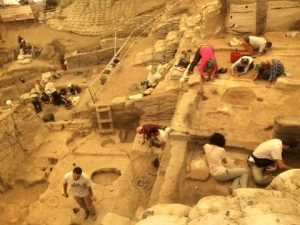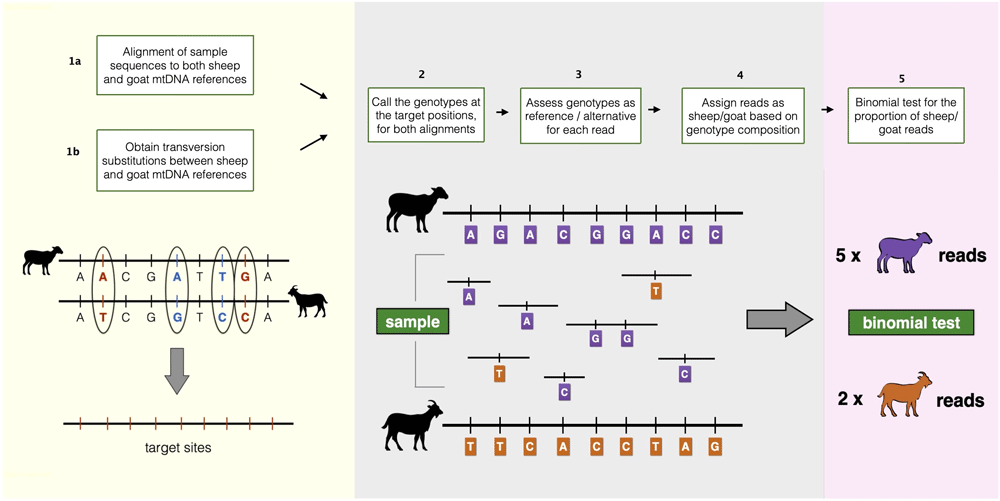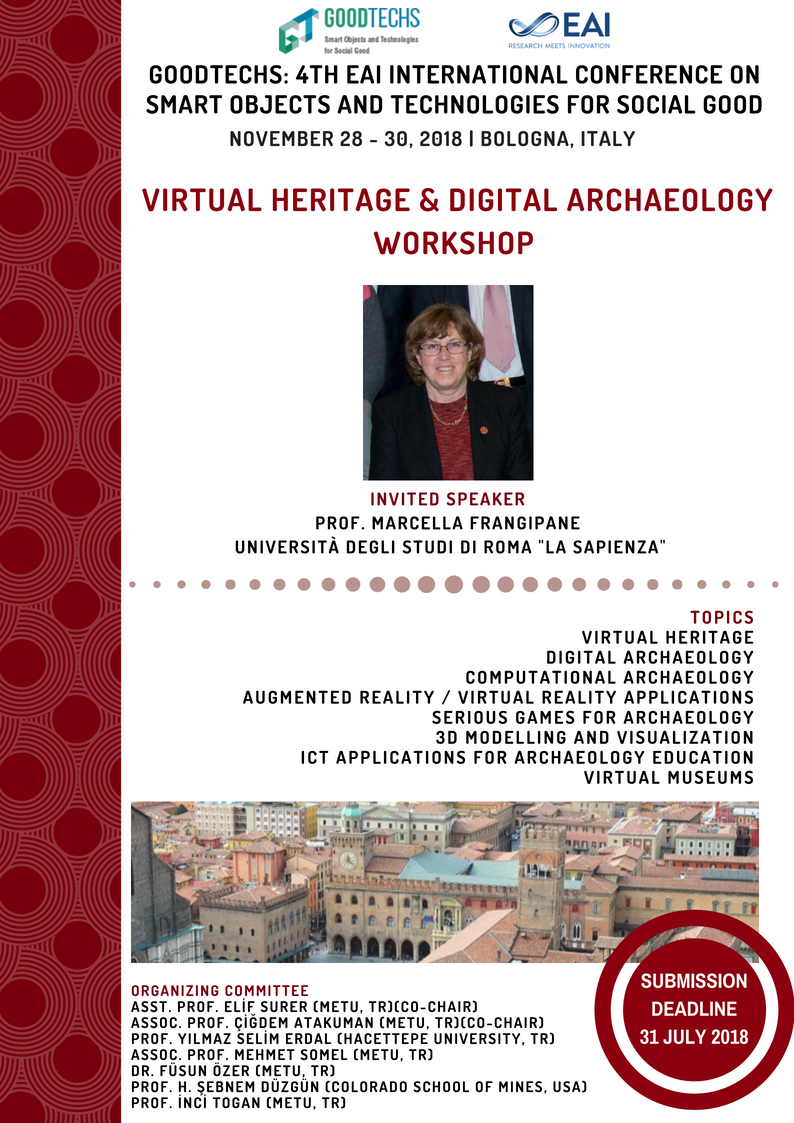
“NEOGENE, the ERC project application submitted by METU Ancient DNA team in 2017, will shed light on the emergence and spread of the Neolithic lifestyle. The work plan was created in close cooperation with biologists, archaeologists and anthropologists. NEOGENE project executed by Mehmet Somel from METU Department of Biological Sciences aims to reveal the contribution of human migration and information exchange as well as the cultural interaction to the spread of settled life and agriculture in Anatolia using DNA analyzes and archaeological data together. The primary goal is to understand the true story of one of the most important milestones in human history. Mehmet Somel tells us about the project:
The fact that people have been growing their own food through agriculture and livestock breeding is a very recent development. People have been farming for the past 10 thousand years, which does not even account for one in twenty of the 250-year history of the modern Homo sapiens. In the past, our ancestors were nomadic hunter-gatherers; although they were not different from us biologically, they were probably very different from us sociologically. These communities did not have any financial savings, and the conditions for the formation of large crowds and cities, privatization and social inequality. The studies carried out with nomadic hunter-gatherer groups, which are still present in different continents today, indicate that: these human communities can have very different cultures from the communities we consider modern and from the cultures we know today. For example, we see communities where kinship is not based on biological factors but on solidarity or co-nutrition among individuals. We see communities where the father of a child is the person who feeds him. At least in some hunter-gatherer groups, we see that patriarchy is not as dominant as it is today.”
To read more, the excerpt from METU Kampüs Newspaper is here:
https://kampus.metu.edu.tr/en/science/erc-project-metu-ancient-dna-team-neogene




